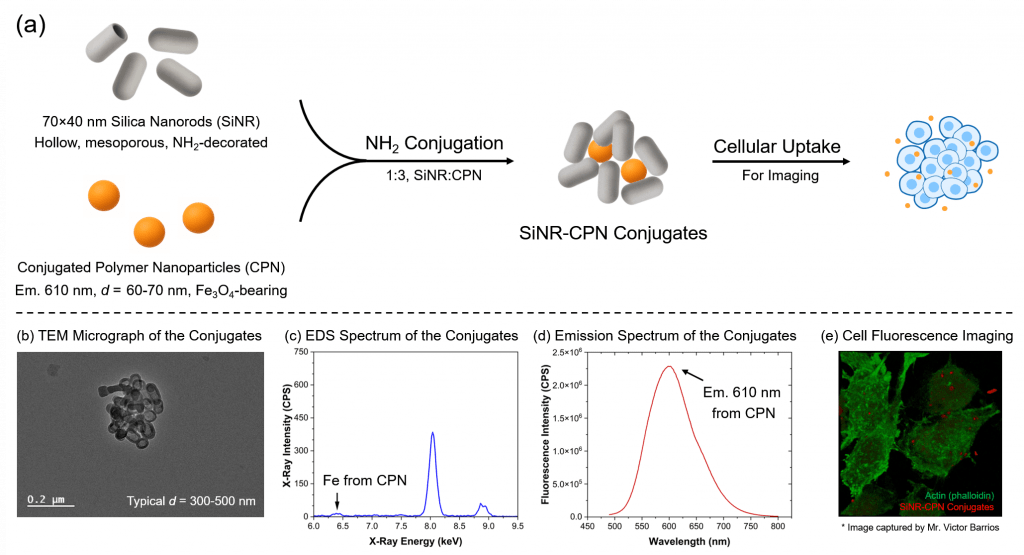This project, led by Imperial College London and funded via Royce’s Industrial Collaboration Programme (ICP), developed a new biocompatible nanomedicine to block prostate cancer cell growth and motility by targeting Wnt signalling, a key pathway in treatment-resistant disease. Using 3Rs-compliant models and advanced bioimaging probes from project collaborators Stream Bio, a UK-based SME, researchers tracked delivery and effectiveness of the therapy in vitro and in vivo.
Background
New therapeutics are needed to reduce mortality for men with treatment-resistant and metastatic prostate cancer. Wnt/β-catenin signalling plays a vital role in advanced and treatment-resistant cancers.
While pharmaceutical companies have developed Wnt inhibitors, their clinical use has been limited due to serious side effects, such as bone fractures, because Wnt signalling is also essential for normal tissue function. To overcome this, Wnt inhibitors need to be delivered directly to tumour cells to avoid harming healthy cells.
Project Details and Results
With the aid of Royce funding via ICP, the team incorporated Stream Bio’s advanced imaging probes to monitor nanocarrier delivery and therapeutic efficacy. Stream Bio contributed their expertise in nanoparticle optimisation, providing guidance on the most effective strategies for conjugating probes to the surface of the nanowires. This allowed assessment of nanoparticle behaviour under physiological conditions and within a 3Rs-compatible prostate cancer model. Royce microscopy facilities were also used to characterise the nanotube–imaging probe conjugates, enabling validation of site-specific delivery to tumours.

Researchers developed a new nanoparticle-based therapy that combines two cancer-fighting strategies: blocking a specific receptor found on prostate cancer cells (called FZD8) and delivering a drug that inhibits Wnt signalling. FZD8-targeting antibodies were successfully conjugated onto mesoporous silica nanocarriers (MSNs), which were then loaded with tegavivint, a β-catenin inhibitor currently in Phase 1 trials. This novel combination nanomedicine effectively reduced prostate cancer cell growth. The nanostructures are biocompatible, biodegradable, and support high drug-loading.
The team has been awarded further funding to test and image the nanoparticle–probe conjugates both in vitro and in a 3Rs-compliant model. The technology has potential to be adapted for other cancers involving Wnt receptors as therapeutic targets. Collaboration with Stream Bio will continue to optimise synthesis and probe testing.
"An alternative therapy for prostate cancer was produced that could in future improve life expectancy and lower healthcare costs, particularly in treatment-resistant disease."
Professor Alexandra Elizabeth Porter, Professor of Bio-imaging and Analysis
Imperial College London



